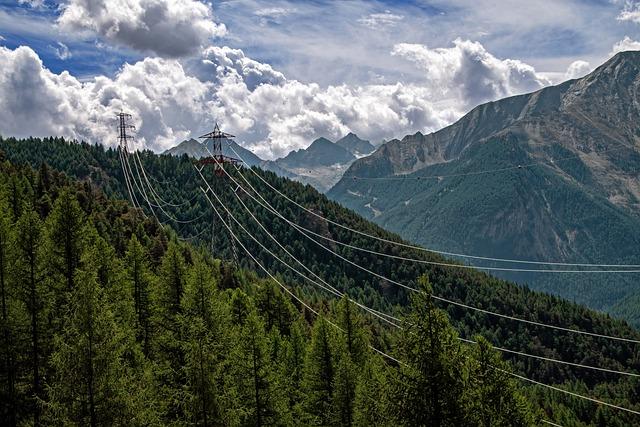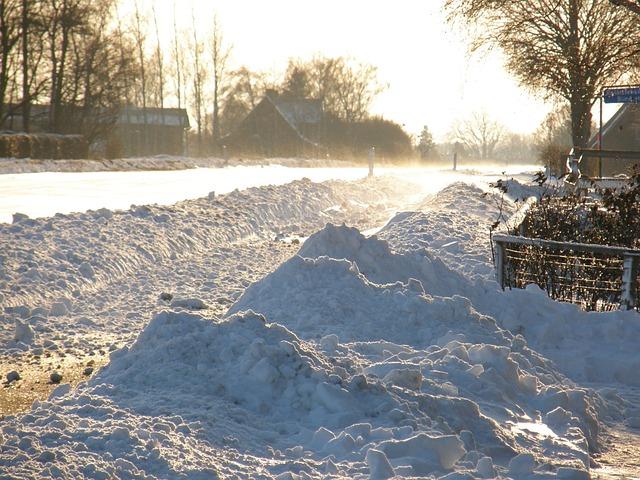Trees are often admired for their beauty, resilience, and environmental benefits. However, what is less commonly known is their incredible capacity to act as natural insulators. By understanding the remarkable insulating properties of trees, we can appreciate their role in regulating temperature, reducing energy costs, and promoting sustainable living. In this article, we delve into the ways in which trees serve as effective natural insulators and explore the implications of harnessing their potential in our built environment.
One of the many benefits of trees is their natural ability to act as insulators, regulating temperature in the environment and providing a sustainable way to keep spaces warm or cool. Trees help to maintain a consistent temperature by providing shade in the summer and blocking harsh winds in the winter.
Some types of trees are especially effective at insulation due to their dense foliage and ability to withstand various weather conditions. Evergreen trees such as pine, spruce, and cedar are great options for insulation, as they maintain their foliage year-round and provide consistent protection from the elements.
Maintaining healthy trees is essential for maximizing their insulating properties. Regular pruning and watering can help trees thrive and continue to provide efficient insulation. By taking proper care of trees, you can ensure that they remain effective insulators for years to come.
Q&A
Q: What are some benefits of using trees as natural insulators?
A: Trees provide a natural barrier against heat and cold, helping to regulate temperature inside buildings and reduce the need for artificial heating and cooling.
Q: How do trees act as insulators?
A: Trees offer shade in summer, reducing the amount of sunlight that enters a building and helping to keep it cool. In winter, trees act as windbreaks, reducing heat loss and blocking cold drafts.
Q: Can trees help to lower energy costs?
A: Yes, by using trees as natural insulators, homeowners can reduce their energy consumption and lower their utility bills.
Q: Are there specific types of trees that are more effective as insulators?
A: Trees with dense foliage, such as evergreens or deciduous trees with thick leaves, are particularly effective at providing insulation.
Q: How can homeowners maximize the insulation benefits of trees?
A: Planting trees strategically around a building, such as on the west side to block afternoon sun or on the north side to block cold winter winds, can help maximize their insulating properties.
Q: Are there any drawbacks to using trees as natural insulators?
A: While trees can provide insulation benefits, they may also require regular maintenance, such as pruning or watering, to ensure their health and effectiveness as insulators.
Conclusion
In conclusion, trees serve as natural insulators, helping to regulate temperature and reduce energy costs in buildings. By strategically planting trees around your home or property, you can take advantage of their insulating properties and contribute to a more sustainable environment. Additionally, trees provide a host of other benefits, such as improving air quality, reducing noise pollution, and providing habitat for wildlife. Consider the impact that trees can have on your space and explore ways to incorporate them into your surroundings for a more comfortable and eco-friendly living environment.
Simpsons Tree Services, Servicing Melbourne’s North Eastern Suburbs
Book a quote online at www.simpsonstrees.com.au




